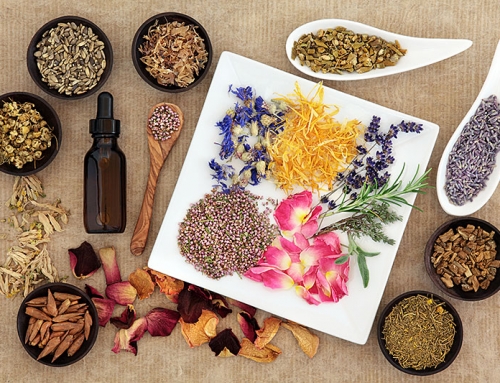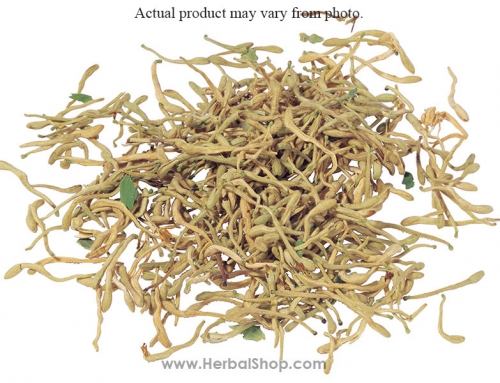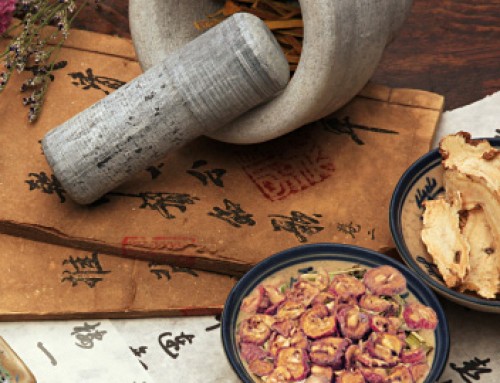人參
Ginseng (Renshen) 
Pharmaceutical Name: Radix Ginseng
Botanical Name: Panax ginseng C. A. Mey.
Common Name: Ginseng
Ginseng, the world’s most famous Chinese herb, has been used in Asia for more than 5,000 years. In China, ginseng has been treasured since the dawn of written history. In the Qing Dynasty of ancient China, ginseng was prized more than gold.
Ginseng is an unique herb that helps to maintain excellent body functions. Ginseng has been used in herbal preparations for thousands of years. To enhance exercise endurance. To deliver energy and boost mood. To maintain health. To treat impotence and enhance sexual pleasure. Ginseng strengthens normal body function and builds up general vitality. Ginseng promotes well-being.
 Ginseng is an adaptogen. This means, it is able to restore balances to the body’s systems. So it can regulate blood pressure and glucose level, stimulate metabolic function and contribute to energy levels, mental efficiency and help in reducing the effects of stress. Healing effects of Ginseng are results of this property.
Ginseng is an adaptogen. This means, it is able to restore balances to the body’s systems. So it can regulate blood pressure and glucose level, stimulate metabolic function and contribute to energy levels, mental efficiency and help in reducing the effects of stress. Healing effects of Ginseng are results of this property.
Oriental medicine uses ginseng as a necessary element of all their best prescriptions, and regards it as prevention and a cure. Ginseng is believed to be a revolutionary anti-aging supllement. Taking ginseng regularly increases vitality, improves your overall sense of well-being and can extend your life span.
Ginseng has been known in Chinese, Korean and Japanese culture as the “cure-all” herb for untold thousands of years. Ginseng is believed to be an adaptogen that builds up general vitality, helps overcome diseases and strengthens all body functions depending on the individual’s needs. It is also known as an effective herbal aphrodisiac used to treat erectile dysfunction or just to enhance sexual pleasure.
Conditions, that are believed to be prevented and cured by ginseng include diabetes, asthma, vascular cramps, exhaustion, anemia, nausea, erectile dysfunction, indigestion, rheumatism, dizziness, depressions, lack of appetite, nervous disorders, insomnia, heart failure, female menstrual disorders and many others.
Several sorts of ginseng are available. White Korean Ginseng, or panax ginseng is the most famous one, and one of the most effective sorts. The name panax is derived from the Greek word panacea meaning, “all healing”, because it helps to maintain excellent body functions.
Source of Earliest Record: Shennong Bencao Jing
Part Used: There are many types of ginseng, including wild and cultivated. Cultivated ginseng from Jilin Province in China is the best quality. The ginseng roots are dug in autumn after being cultivated for six to seven years, and then they are cleaned, dried in the sun, steamed or baked and cut into slices.
 Natural Properties & Taste: Sweet, slightly warm
Natural Properties & Taste: Sweet, slightly warm
Meridians: Spleen and lung
Functions:
• Promote well-being
• Reduce effects of stress
• Improve mental performance and vitality
• Improve coordination and reaction time
• Improve sexual functioning
• Reduce effects of aging
• Normalize blood pressure and blood sugar level
• Normalize cholesterol
• Boost physical performance
Indications:
1. Collapsing syndrome due to severe deficiency of primary qi, severe loss of blood, severe vomiting or severe diarrhea manifested as sweating, cold limbs, shortness of breath and weak and fading pulse. Ginseng (Renshen) can be used alone or with Prepared aconite root (Fuzi) in the formula Shen Fu Tang.
2. Weakness of the spleen and stomach manifested as poor appetite, lassitude, fullness in the epigastric and abdominal regions and loose stool. Ginseng (Renshen) is used with White atractylodes (Baizhu), Poria (Fuling) and Licorice root (Gancao) in the formula Sijunzi Tang.
3. Deficient qi of the lungs manifested as shortness of breath, spontaneous sweating and lassitude. Ginseng (Renshen) is used with Gecko (Gejie) in the formula Renshen Gejie San.
4. Diabetes or exhaustion of qi and body fluids by febrile disease manifested as thirst, sweating, irritability, shortness of breath and weak pulse. Ginseng (Renshen) is used with Ophiopogon root (Maidong) and Schisandra fruit (Wuweizi) in the formula Shengmai San. If the abovementioned manifestations are accompanied by fever, Ginseng (Renshen) can be taken with Gypsum (Shigao) and Anemarrhena rhizome (Zhimu) in the formula Baihu Jia Renshen Tang.
5. Mental restlessness manifested as palpitations, anxiety, insomnia, dream-disturbed sleep and forgetfulness. Ginseng (Renshen) is used with Wild jujube seed (Suanzaoren) and Chinese angelica root (Danggui) in the formula Guipi Tang.
6. Impotence and premature ejaculation in men or frigidity in women. Ginseng (Renshen) can be used alone or with Pilose antler (Lurong) and Human placenta (Ziheche).
Dosage: 5-10 g (for decoction), 1-2 g (for powder), 15-30 g (decoction for severe collapsing)
Cautions & Contraindications: This herb is contraindicated for a person with heat signs or excessive syndromes without deficiency of anti-pathogenic factor. It should not be mixed with Black false bellebore (Lilu), Trogopterus dung (Wulingzhi) and Chinese honey locust (Zaojia). When taking Ginseng (Renshen), do not drink tea or eat turnips.






